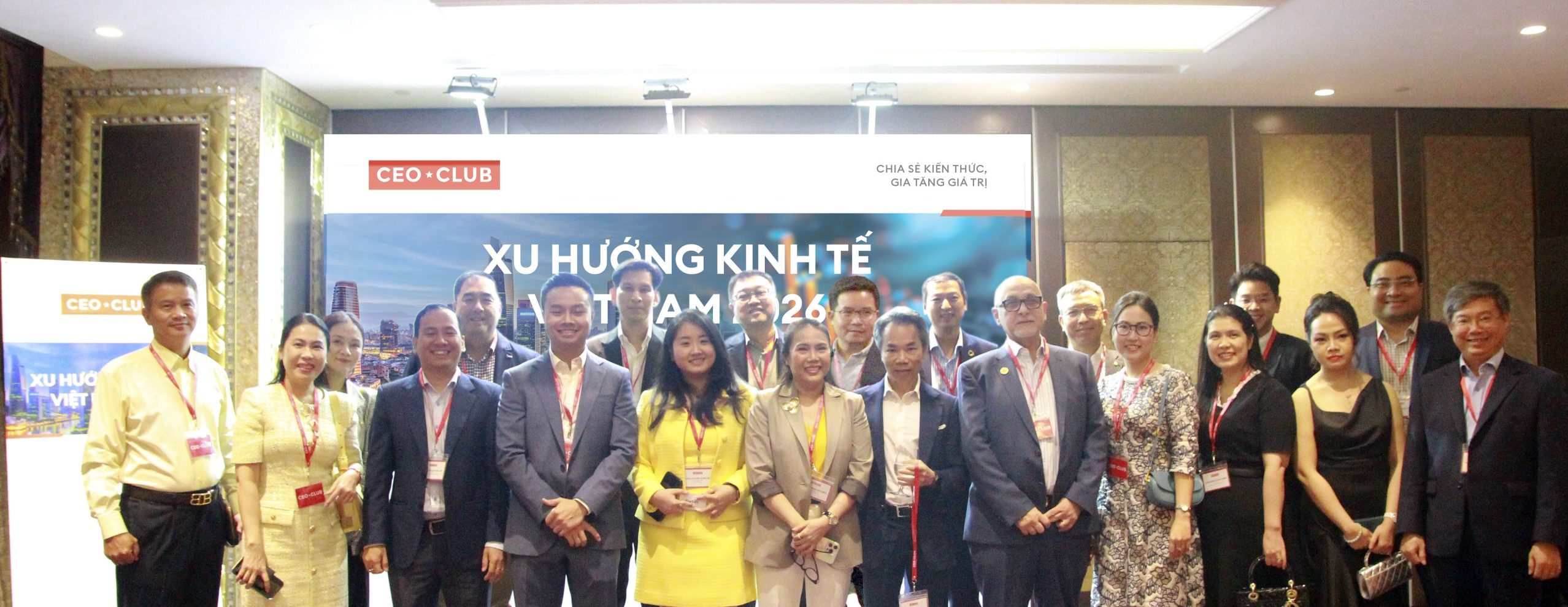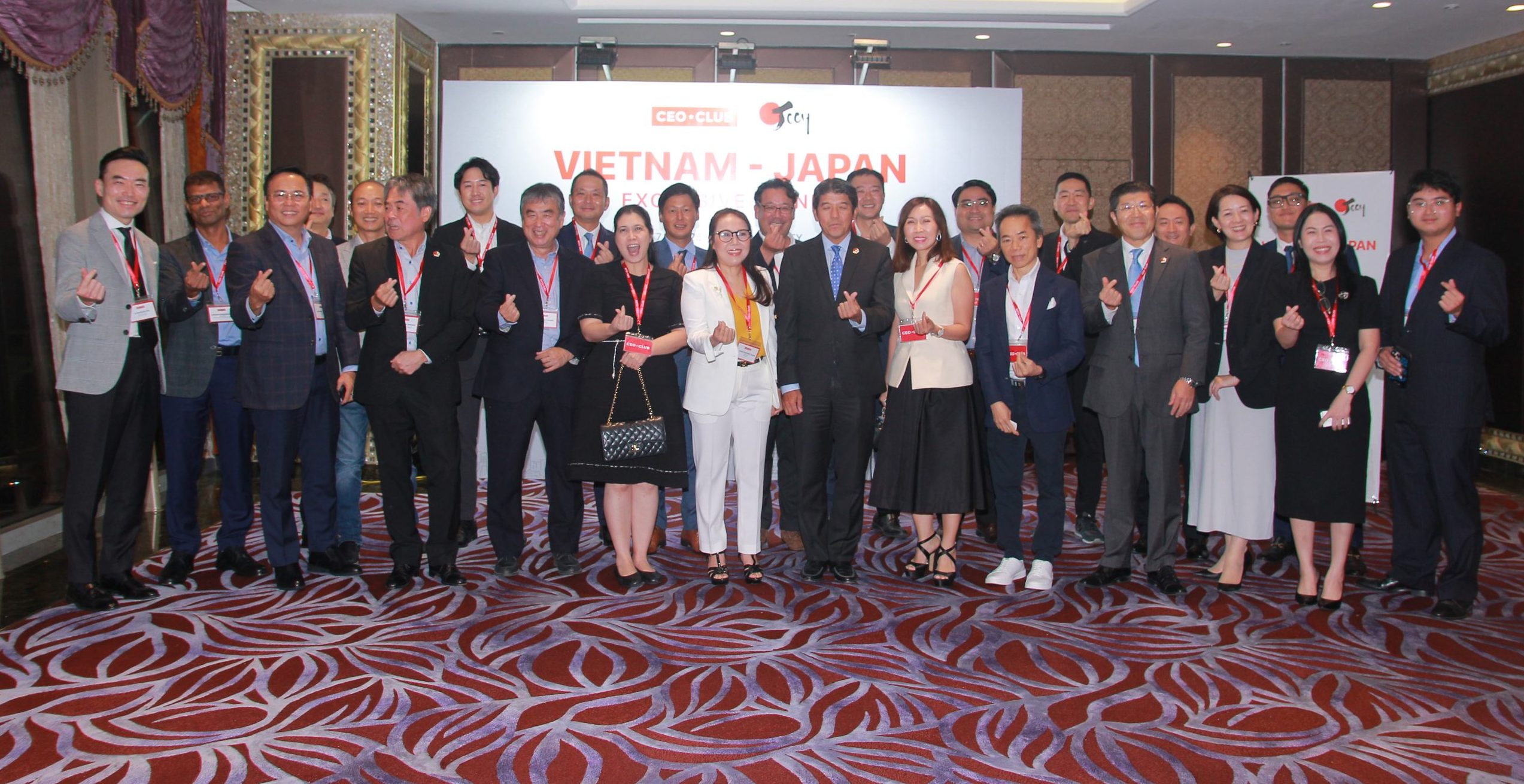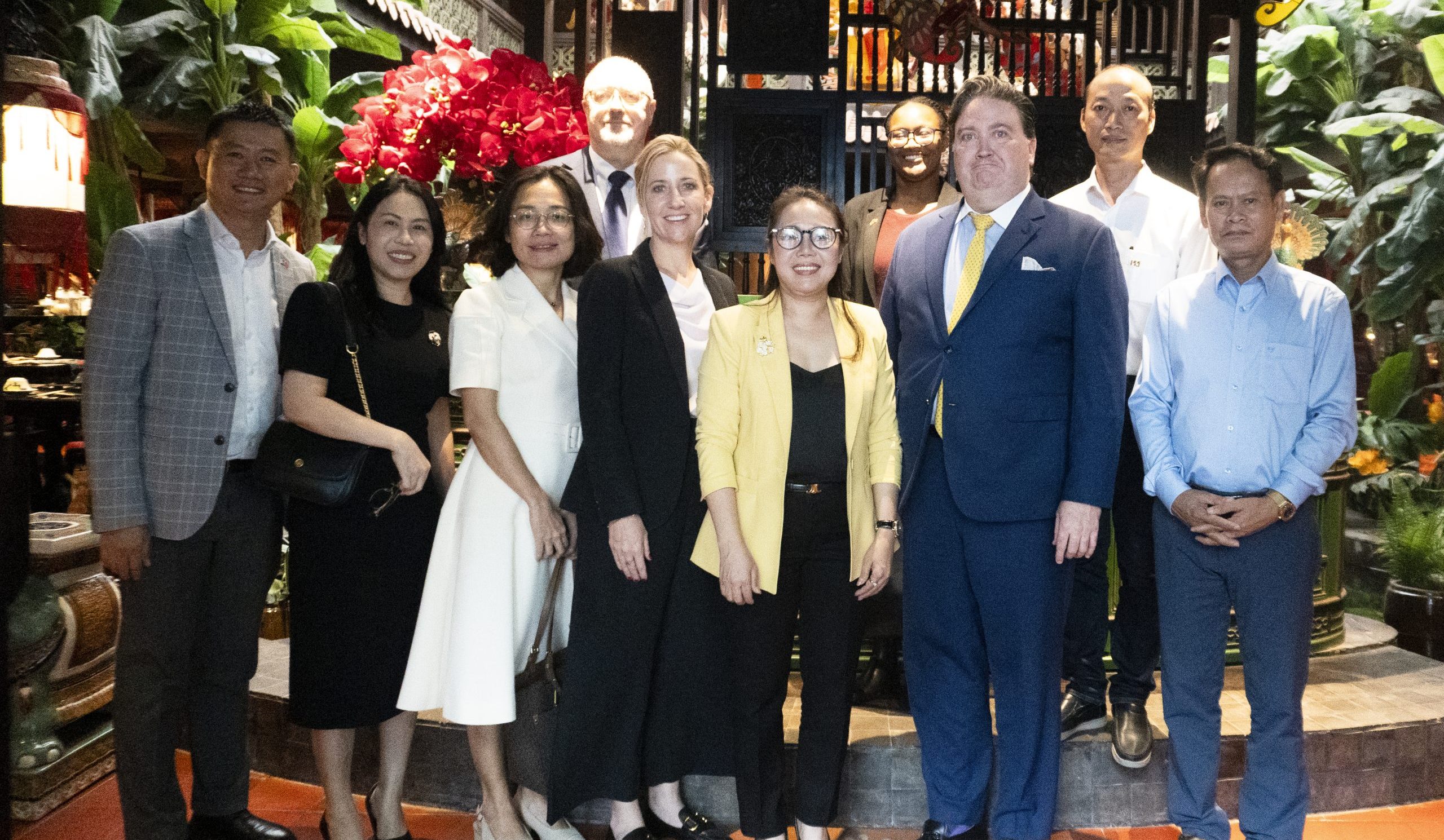Foreign investors continue to eye the potential Vietnam holds in the semiconductor and chip space.

The Signetics Corporation, a member of South Korea’s Young Poong Group, a semiconductor supplier for many large corporations, such as its compatriots Samsung and SK, in August announced plans to build a factory at the Ba Thien I Industrial Park in northern Vinh Phuc province with total investment of some $100 million. Covering 5 ha, the factory will manufacture key products used in memory chips, GPUs, and TVs, and is expected to officially come into operation at the end of 2025.
Though not part of the “billion-dollar” projects club, the factory nonetheless serves as a recent example of Vietnam’s increasing appeal among foreign companies in the chip and semiconductor industry.
Accelerating plans
Mr. Song Young Hee, CEO of Signetics, explained that one reason it selected Vietnam, and specifically Vinh Phuc, as its investment destination is its favorable investment environment and policies, which align with the company’s production scale and business strategy for the years ahead. “Vietnam is the next destination where the company plans to collaborate and expand its investment, following our production branches in the US and the Netherlands,” Mr. Song said.
Meanwhile, on August 13, the US’s 3M Corporation launched a science, technology, and engineering center in Hanoi featuring a range of solutions in traffic safety and the commercial market while highlighting the corporation’s electronic technologies and innovations in Southeast Asia. Spanning 417 sq m, the center offers tours and interactive experiences, allowing customers to gain a deeper understanding of how 3M’s technologies are driving future solutions.
Though not directly involved in chip manufacturing, 3M acknowledged that Vietnam is quickly emerging as a key market of interest for companies participating in the global semiconductor ecosystem. According to Mr. Amit Laroya, Senior Vice President – Asia, at the 3M Transportation & Electronics Business Group, as the fastest-growing electronics market in Southeast Asia, Vietnam is drawing significant attention from many foreign enterprises within the semiconductor ecosystem. 3M is actively expanding its activities in rapidly-growing markets that require advanced solutions in areas such as consumer electronics, semiconductors, data centers, and industrial automation.
The opening of the center is part of its broader efforts to maintain its leadership in innovation as Vietnam increasingly attracts interest from companies in the semiconductor sector and those connected to the semiconductor ecosystem.
Mr. Laroya added that numerous American companies are gradually investing in Vietnam. “As a business involved in semiconductor manufacturing processes such as polishing and finishing, 3M is accelerating its preparations to best serve the production chain,” he explained. “This is just a small part of 3M’s strategy after more than 30 years of presence in Vietnam.”
Luring investor interest
Vietnam’s semiconductor industry is gaining momentum, attracting the attention of major companies. A prime example is Amkor Technology’s first billion-dollar project of 2024 in the semiconductor sector. On June 30, the US company received an investment license from the Bac Ninh provincial government in Vietnam’s north that increases its investment in the country to $1.6 billion. “This expansion reinforces Amkor’s commitment to regional growth and enhances our position in the global semiconductor supply chain,” the company said in a statement. “We look forward to contributing further to Vietnam’s technological advancement and economic development through this increased investment.”
As well as Amkor, several other prominent US semiconductor companies, including Intel, Marvell, and GlobalFoundries, have made significant investment commitments in Vietnam that are expected to shape the future of the country’s semiconductor ecosystem.
According to Mr. Choi Joo-ho, General Director of Samsung Vietnam, Vietnam’s crucial role in the global supply chain is drawing intense competition among high-tech companies worldwide, all seeking investment opportunities in the country.
The investment wave in the sector has accelerated since last year, with investors from the US, Europe, Japan, and South Korea coming to Vietnam and expressing strong interest in semiconductors. While global foreign investment had been slowing in recent years, the semiconductor sector has seen an influx of funding. The Semiconductor Industry Association (SIA) announced on August 5 that global semiconductor industry sales totaled $149.9 billion during the second quarter of this year, an increase of 18.3 per cent compared to the second quarter of 2023 and 6.5 per cent more than in the first quarter of this year. Consequently, Vietnam is being recognized as a new semiconductor manufacturing hub of potential from 2024 to 2030.
In discussions with the Ministry of Planning and Investment, Mr. Richard Lawton Thurston, former Vice President of the Taiwan Semiconductor Manufacturing Company (TSMC) from Taiwan (China), highlighted Vietnam’s significant opportunities to advance its semiconductor and AI industries. “AI development relies on various technologies, including sensors, memory, data collection, and processing,” he said. “Vietnam should therefore focus on one of these stages and develop a targeted strategy.”
Securing a quality workforce
No matter which stage of the production process Vietnam chooses to prioritize, Mr. Thurston emphasized that the most pressing issue for the country is to swiftly develop a plan and roadmap for the semiconductor industry. Initially, this involves training high-quality human resources that can meet the needs of investors.
Mr. Laroya also noted that the main reason companies are relocating their investments to Vietnam is because of the country’s competitive advantage in possessing a young workforce with a strong foundation in computer science. The challenge now is to elevate the quality of this workforce through specialized training tailored to the specific needs of various industries, particularly critical sectors like semiconductors and electronics.
To build a robust human resource base, it is essential for manufacturing companies to work closely with training centers and universities to cultivate specialized talent for industries such as semiconductors and electronics. Strengthening partnerships between Vietnamese universities and manufacturing facilities engaged in R&D is also vital for developing a high-quality workforce.
“This collaboration not only provides a skilled workforce but also offers internship opportunities, giving students practical experience and preparing them to meet industry demands, which in turn supports the establishment and operation of manufacturing plants,” Mr. Laroya believes.
In September 2023, Vietnam and the US signed an MoU to cooperate in the semiconductor supply chain, workforce training, and ecosystem development. This agreement aims to enhance bilateral scientific and technological relations and create a more resilient semiconductor supply chain.
To prepare the workforce for this industry, the two will implement comprehensive workforce development programs, including hands-on teaching labs and training courses focused on semiconductor assembly, testing, and packaging.
Furthermore, Vietnam is in the process of developing a comprehensive strategy and staffing plan, backed by relevant regulations, policies, and mechanisms, to attract leading global semiconductor manufacturers and designers. Once these policies and mechanisms are in place, Vietnam’s human resources will become a key factor in drawing in more foreign investment.
Anh Nhi (Source: en.vneconomy.vn)


